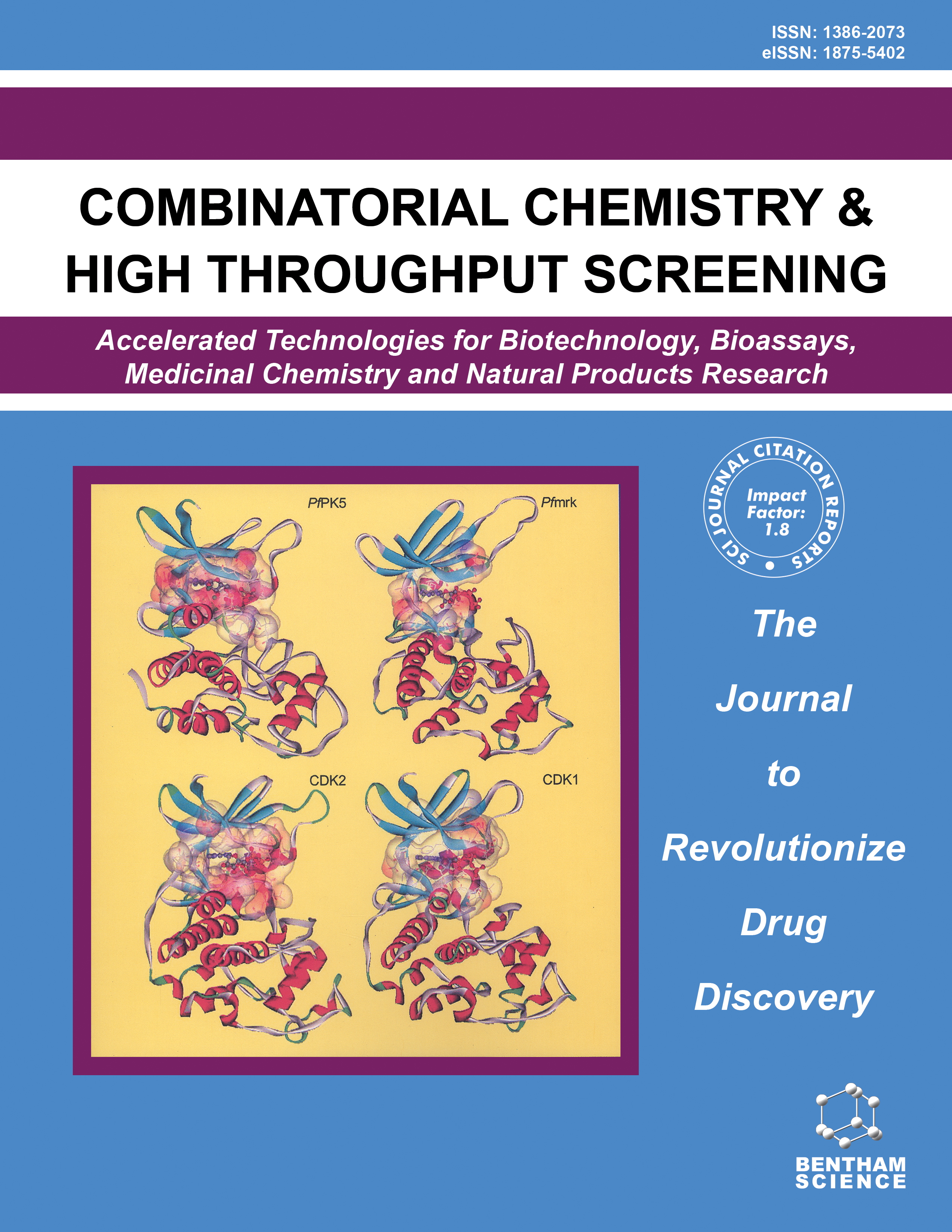-
s A Novel Natural Killer Cell-related Gene Signature for Improving the Prediction of Prognosis and Immunotherapy Response in Bladder Cancer
- Source: Combinatorial Chemistry & High Throughput Screening, Volume 27, Issue 8, May 2024, p. 1205 - 1221
-
- 01 May 2024
Abstract
Background: Bladder cancer (BLCA) is a commonly diagnosed cancer worldwide that exhibits high rates of recurrence and metastasis. Immunotherapy is increasingly being recognised in the clinical management of bladder cancer. In addition, the prospect of developing Natural Killer (NK) cell-related immunotherapy is promising in BLCA. Methods: We established and verified a prognostic signature based on NK cell-related gene expression. We then calculated the NKscore of BLCA samples and correlated it with the clinical outcomes, molecular subtypes of BLCA, tumour microenvironment (TME), and predicted efficacy of immune checkpoint inhibitors (ICI) and chemotherapy drugs to thoroughly explore the implications of the NKscore. Finally, the role of the NK signature gene HECTD1 in BLCA was verified by Quantitative Real-time PCR, Cell Counting Kit-8 Assay (CCK-8), Transwell Assay and Colony Formation Experiment. Results: We analysed NK cell-associated genes and identified six genes with significant prognostic relevance. A high NK score significantly represents a worse prognosis. NKscore was significantly correlated with seven types of classical molecular subtype classifications of BLCA. In addition, NKscore positively correlates with NK-related immune checkpoints, suggesting that emerging NK cell immune checkpoint inhibitors, such as monalizumab, may have potential therapeutic promise for patients with high NKscore. The results of the T cell inflamed score (TIS) and tumour immune dysfunction exclusion (TIDE) score confirmed the suitability of immunotherapy for patients with a high NK score. Likewise, patients with a high NK score may be more suitable for several significant chemotherapeutic drugs. Functional experiments showed that the knockdown of HECTD1 significantly attenuated the proliferation, migration, and invasion ability of tumour cells. Conclusion: To sum up, the capability of our signature to predict prognosis and immunotherapy response was robust. Hopefully, these results will provide new insights for BLCA research and patient immunotherapy.


